Valve says Artifact's reboot will no longer let players buy cards or decks
All cards unlocked through play in new version.
It would be fair to say that Valve's digital card game, Artifact, failed to make much of an impact following its high-profile launch at the end of 2018. Mere weeks after its arrival, user numbers had tumbled - and now, after a year of silence, Valve has finally announced a radical overhaul for the game, one that even ditches its fundamental monetisation model of selling cards.
Designed by Magic: The Gathering creator Richard Garfield, who left Valve last March, Artifact struggled from the off, with players rejecting everything from the game's perceived complexity to balance issues and even its pricing model, which - unlike free-to-play competitors Hearthstone and Gwent - included an upfront cost, alongside payment for additional cards. By the time July came around, Artifact was barely seeing 100 players online in a 24-hour period.
Valve said little about Artifact for almost year, but suddenly, earlier this month, it began to tease new activity for the game, saying it would reveal "more news after the launch of Half-Life: Alyx". Now, with Alyx out the door and basking in the light of rave reviews, Valve has kept its promise, outlining some early changes for what it's calling Artifact 2.0.
According to the company, it has been "focussing on gameplay changes first", with the biggest of these seeing Artifact's action zoomed right out so that players can view all three lanes at once. "The majority of effects still work on individual lanes so they still maintain their identity," it says, "but it's less likely that a player will get shut out in the same way they used to."
It's also introducing a new draft mode, Hero Draft, designed to give players "a taste of constructing decks without all the pressure."
Perhaps the most significant change revealed so far, though - and one that highlights just how radical Valve intends its overhaul to be - is that Artifact's previous monetisation model will be completely abandoned, and Valve will no longer be selling cards and packs for the game. Instead, cards (which are likely to be either altered or entirely new for the reboot) will be unlocked through play, meaning players' old decks and stats will become obsolete.
The goal here, says Valve, is to make the experience "easier to pick up", and removing the ability to buy cards means players "won't face an opponent with a stacked deck."
The developer says it has "some ideas about what we'd like to sell" instead of cards, although it stopped short of whispering the magical phrase "hats".
Valve hasn't yet offered a release window for Artifact 2.0's beta (which will take the form of a completely new executable), but says access will "trickle out" to individual accounts. Priority will be given to players of Artifact's original release, and open beta will begin once closed beta has sufficiently ramped up. Valve says it hopes to reach 1.0 "quicker than Dota 2".
There's not much more to be gleaned right now as far as Valve's future plans go, but for a more thorough breakdown of the original Artifact's failed first few months, it's well worth having a read of Eurogamer's investigation into the subject, as penned by Mike Stubbs.
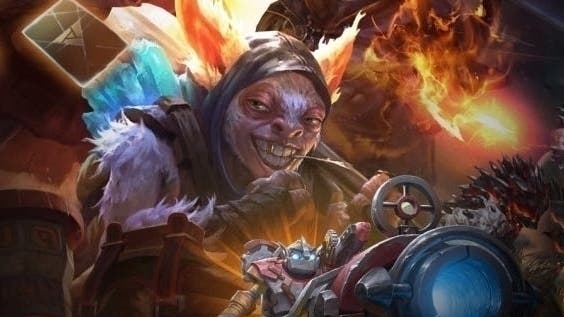


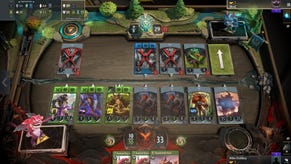
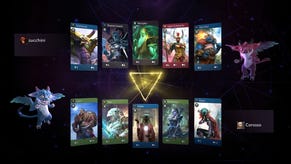
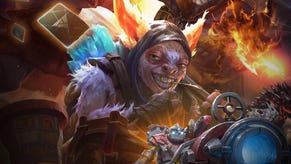
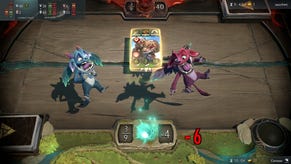
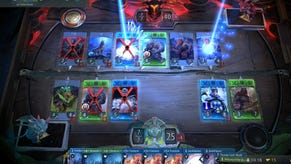
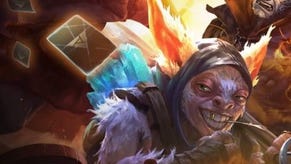




.png?width=291&height=164&fit=crop&quality=80&format=jpg&auto=webp)


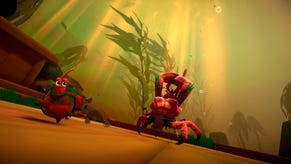
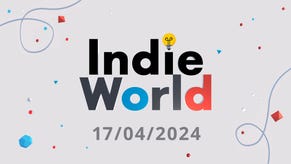
.png?width=291&height=164&fit=crop&quality=80&format=jpg&auto=webp)